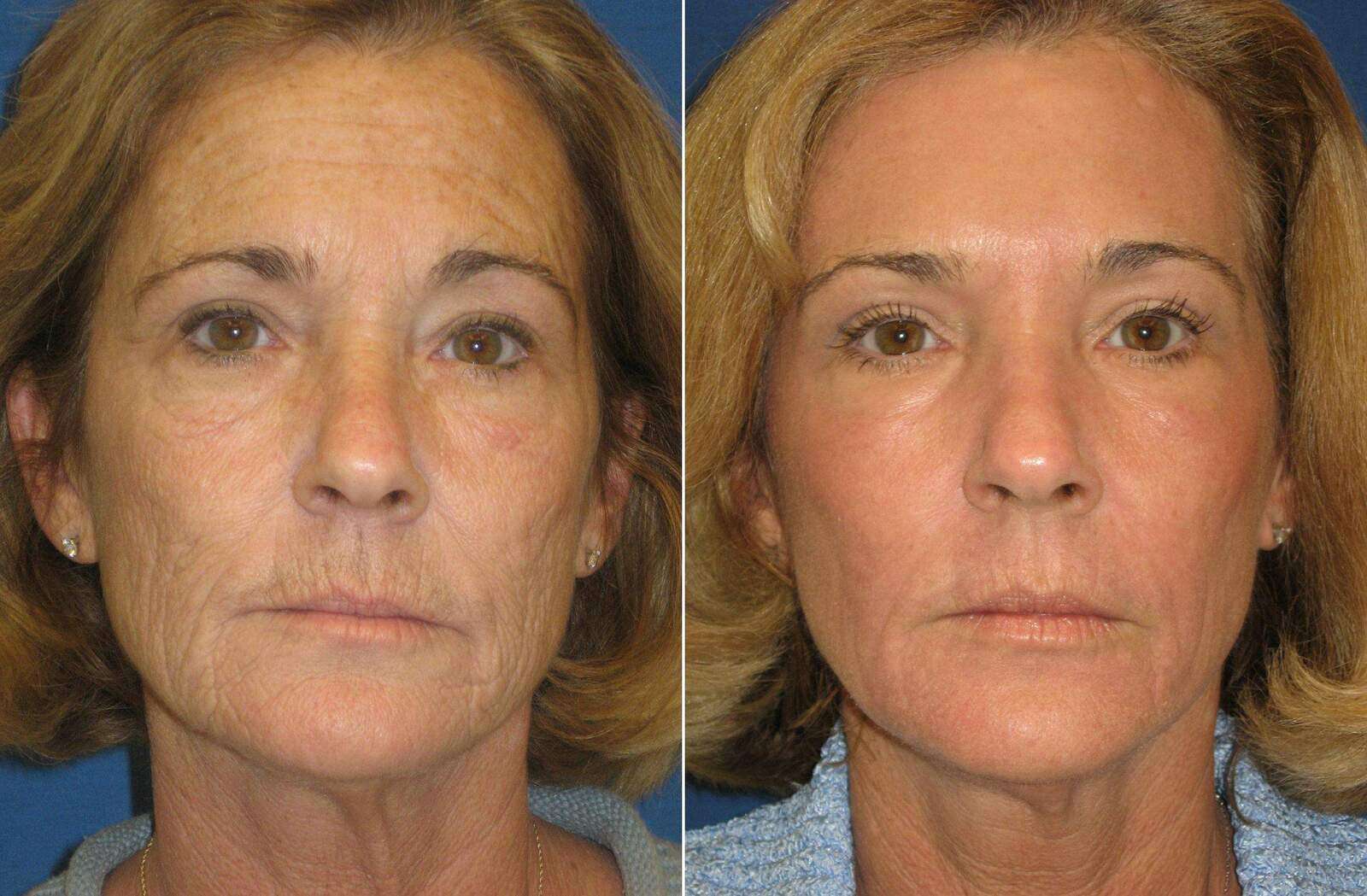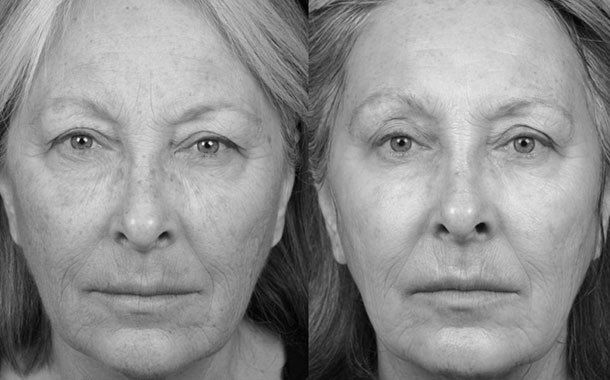Fractional or pixilated carbon dioxide co2 lasers are one of the latest advances in non surgical skin rejuvenation treatments.
Fractional co2 laser skin resurfacing complications.
Aside from being able to select the treatment depth new advances in co2 technology also allows the provider to select the type of pulses that are fired.
This is a treatment which uses a light beam to drill minute holes into the skin.
And nanni reviewed 500 cases of laser skin resurfacing and categorized their complications as shown in table 2.
Ablative laser resurfacing poses a slight risk of permanent scarring.
The heat from the laser beam also stimulates the skin to produce new collagen so the skin is also more elastic and looks tighter and younger.
Rarely ablative laser resurfacing done near the lower eyelid can cause the eyelid to turn out and expose the inner surface.
The skin will be raw oozing and may even blister.
Turning of the eyelid ectropion.
Continued cost of laser skin resurfacing.
If you re having a fractional co2 laser treatment your doctor will first numb you with a local anesthetic and may also provide an oral sedative to help you relax.
In 2017 the average cost of laser skin resurfacing ranged from 1 114 to 2 124 according to the american society of plastic surgeons.
Although table 2 illustrates aggres sive full face co 2 laser resurfacing any or all of these problems can and do occur with other common resur facing modalities including ipl and other non ablative procedures.
Co2 laser resurfacing is an outpatient procedure.
Appointments last from 30 minutes to two hours depending on the size of the treatment area and aggressiveness of treatment.
Usually about five days to a week after laser skin resurfacing your skin will become dry and peel.
Burns or other injuries from the laser s heat scarring changes in the skin s pigmentation including areas of darker or lighter skin reactivating.
The co2 laser has the longest wavelength of all the lasers on the market and can be used safely on darker skin types with appropriate adjustments in the settings.
Follow these steps during your laser skin resurfacing recovery.
Permanent changes in skin color are more common in people who have darker skin.
Healthy skin then grows back into the holes so that the new skin is smoother.
Do not scratch or pick at crusts because this can cause scarring.
Potential risks of the procedure include.










